The future: a dark and oppressive world where some people are silenced and monitored while others are hunted by monsters – it’s a survival of the fittest scenario. And then there are others living in a perfect place “in between”, completely unaware of all of the corruption. That’s how you know you’re in dystopia…
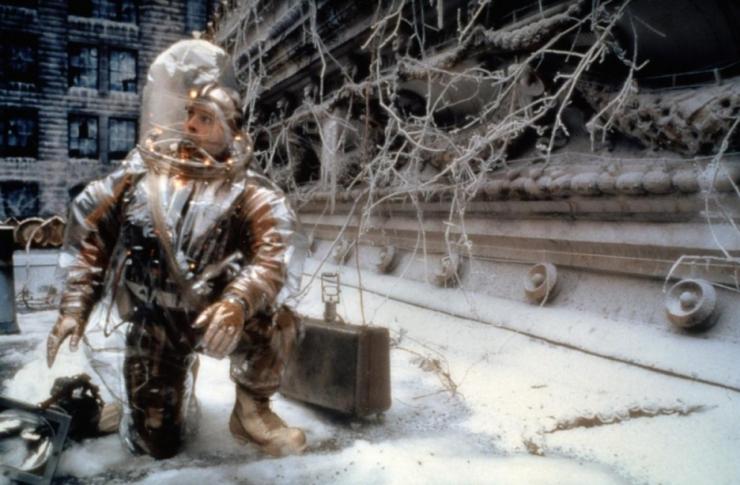
From The Walking Dead to the recent Maggie and the upcoming final Hunger Games installment, there’s no slowing down for dystopian narratives. Ever since The Hunger Games appeared in our lives, a new generation of films/shows sharing similar themes, especially those targeting young audiences exploded – and even though it’s becoming cliché – there’s no sign of overthrowing them.
Why are we fascinated with a dark alternate world? Why the zombies, the tyrannical government, the oppressed society and killing off of most of humanity?
Dystopian narratives aren’t new. They have been around since the 18th century. They peaked around the 1950s in response to fears of fascism and potential World War III and The Hunger Games only served to attract a new, much younger audience to the cause.
The genre addresses issues that the world is already experiencing, but amplified. In that way, dystopian texts serve as a warning that life on Earth is dependent on our choices, which usually signals the end of life altogether. Way to go, humans.

In general, we’ve developed a fondness for all things dark (although this is subjective, of course). Even superhero films such as Batman and Superman are going for the dark, gloomy side. Is there something about the dark that makes the representation of humanity more effective? Do we understand things better when we’re not happy? We feel more when we see something that twists our insides? After all, we do tend to cringe at happy endings.
We watch dystopias simply for entertainment but it’s much deeper than that. We can relate to the characters and their struggles, the familiar sounds of a community fighting for change or awareness and we share hatred towards the villains who remind us of some real-life politicians – waiting in anticipation to see them defeated by the heroes. Something done in reality (but not enough.)
Dystopian narratives have been celebrated for the “ability to push audiences to think critically about their actions.” They give the message of hope, hope that we can be blind or flawed but still have potential to see through an illusion, and hope that we can change.
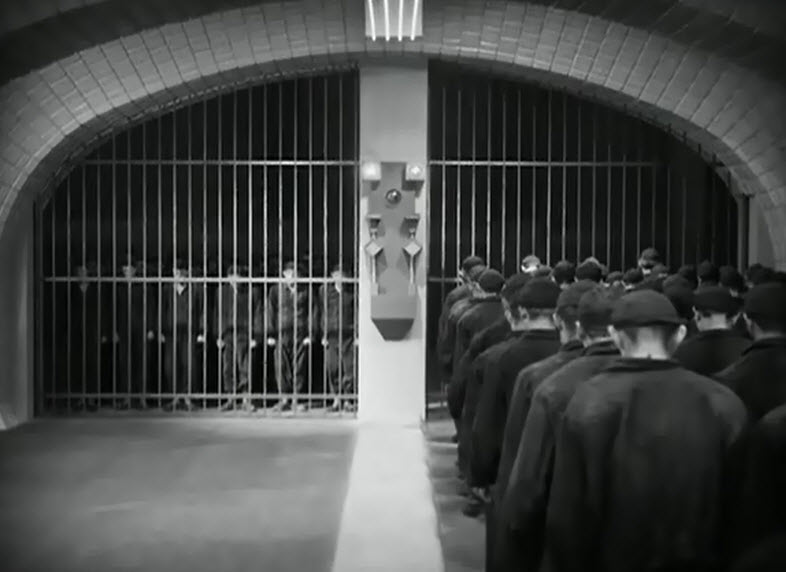
In some instances, these desolated societies found in dystopian stories are actually real. Take, for instance, North Korea, where the law oppresses the citizens living under it. More closely, the U.S. have experienced (like, last week) recent protests over unjustified murders of citizens by the police – and it’s difficult to prosecute them. Several people even commented on how the protests echoed some scenes from The Hunger Games.
Dystopian media portrayals are closer to real life than you think, even if zombies and mutated humans aren’t part of the story. The Walking Dead has focused more on the survivors (and their psyche becoming affected by the world they’re in) than on zombies, yet the creatures are, every now and then, shown to be as victimised as the survivors. In fact, the zombies aren’t the only enemies. It’s humans as well. With no law, they have to find a way to restore order and peace, but that leads to violence and tantrums, and humans end up being monsters – worse than the zombies.
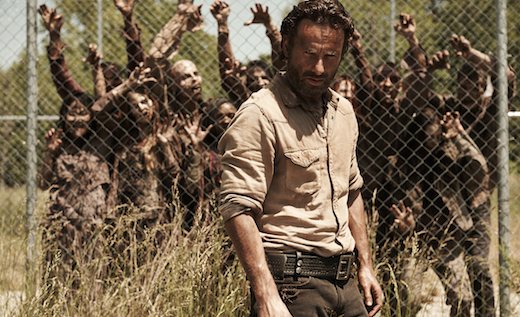
Other than reflecting on epidemics, dystopian works with zombies can be a social commentary on how people act today. So distracted by their phones and computers, there are fears of normal communication breaking down. While “technology is turning us into zombies” is a bit of an exaggeration – it’s still possible.
Contrary to the common belief, teens are as active and aware of social/political issues as adults. Why has dystopia become so popular in the young adult and teen department? The genre has given opportunities for female leads, inspiring a generation of Katnisses.
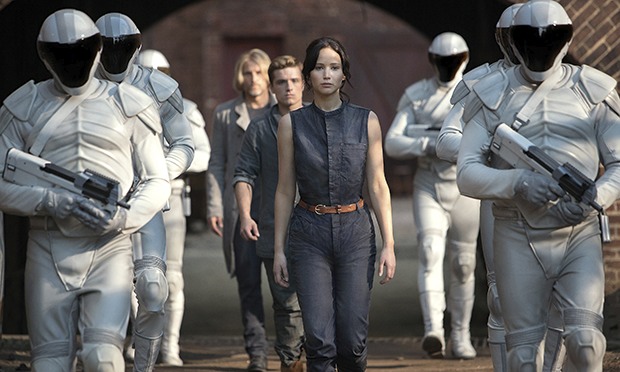
Karl Quinn described teen/young adult dystopia as “an allegory for the choices facing modern youth: stick with a system that is clearly failing or take your chances on an uncertain and untested alternative.” In Divergent, the teens are to choose a home group based on their personality and traits (breaking ties with their family in the process), and if they don’t fit in any group, they will be displaced and ignored by society. In The Hunger Games, teens, residing in the impoverished Districts, are subjected to enter their names for an annual game and are selected to “participate” in a kill-or-be-killed battle. And it’s all for survival.
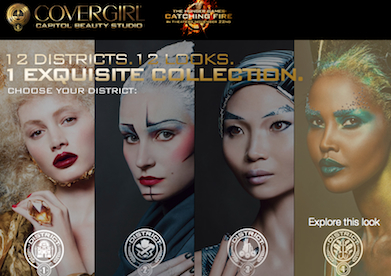
CoverGirl was criticised for having models representing the Districts in makeup and dressed in everything that’s associated with the elite. Although it wasn’t intentional and they were simply promoting The Hunger Games: Catching Fire, CoverGirl “missed the point” of the story, according to Heather Long. She wrote that the elite “are so blinded by their lifestyle that they don’t fully grasp that they’re putting on “games” where children are killing each other. In fact, they’re cheering it on like most people do sports teams… That’s what CoverGirl is worshipping. It’s as if no-one read the books or even saw the first movie.”
You can ignore the issues portrayed in dystopian stories and enjoy them for pure pleasure, but since most are touched with gut-wrenching tones and mirror real life to some extent, it’s hard to miss those issues and not contemplate.







